Municipal Water Affect On Fish?
mike50
13 years ago
Related Stories
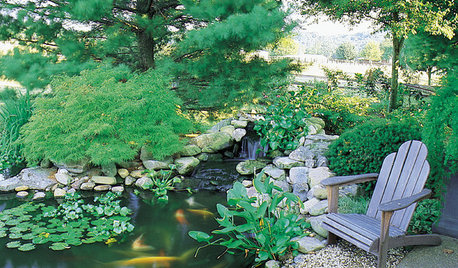
GARDENING AND LANDSCAPINGHow to Make a Pond
You can make an outdoor fish paradise of your own, for less than you might think. But you'll need this expert design wisdom
Full Story
GREEN BUILDINGJust Add Water: Rain Barrel Magic
Take your rainwater storage from practical to beautiful with a new breed of design-friendly rain barrels
Full Story
SAVING WATER11 Ways to Save Water at Home
Whether you live in a drought-stricken area or just want to help preserve a precious resource, here are things you can do to use less water
Full Story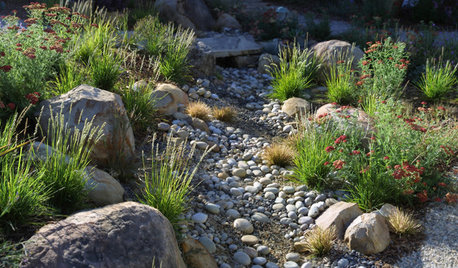
LANDSCAPE DESIGNHow to Design Your Landscape to Slow Down Water
Putting the brakes on stormwater runoff is the first step in sustainable water design
Full Story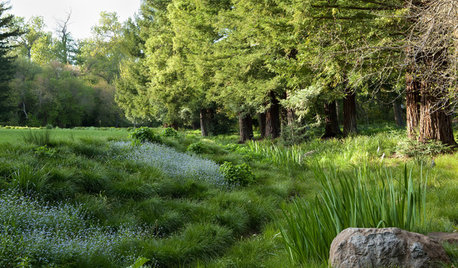
LANDSCAPE DESIGNHow to Move Water Through Your Landscape
Swales, underground pipes or a mix of both: There’s more than one way to distribute water in the garden
Full Story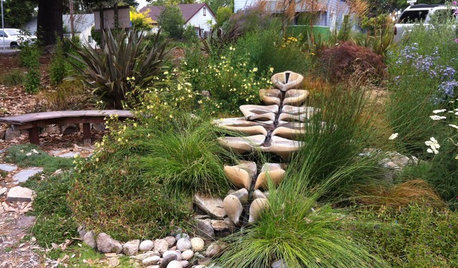
LANDSCAPE DESIGNNew Ways to Design With Water
Go beyond 3-tiered fountains and faux waterfalls to discover water's architectural possibilities
Full Story
ARCHITECTUREWant to Live by the Water? What You Need to Know
Waterside homes can have amazing charm, but you'll have to weather design restrictions, codes and surveys
Full Story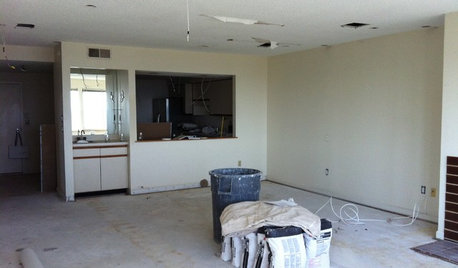
DISASTER PREP & RECOVERYRemodeling After Water Damage: Tips From a Homeowner Who Did It
Learn the crucial steps and coping mechanisms that can help when flooding strikes your home
Full Story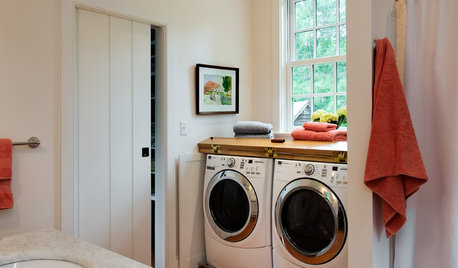
GREEN BUILDINGWater Sense for Big Savings
Keep dollars in your pocket and preserve a precious resource with these easy DIY strategies
Full Story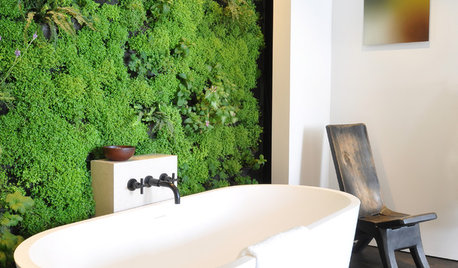
HEALTHY HOMEHow to Keep Water Vapor From Ruining Your House and Your Health
We help you find out when it’s happening, what it means and how to fix it
Full StoryMore Discussions







drh1
ccoombs1
Related Professionals
Hyattsville Landscape Architects & Landscape Designers · Manorville Landscape Architects & Landscape Designers · Milwaukee Landscape Architects & Landscape Designers · Cornelius Landscape Contractors · Fair Lawn Landscape Contractors · Los Banos Landscape Contractors · Mendota Heights Landscape Contractors · Mequon Landscape Contractors · Muttontown Landscape Contractors · Nutley Landscape Contractors · Stallings Landscape Contractors · The Villages Landscape Contractors · Webster Groves Landscape Contractors · White Bear Lake Landscape Contractors · Whittier Landscape Contractorswoeisme
ernie_m
woeisme
mike50Original Author
ernie_m
woeisme
ernie_m
corrie22
woeisme
woeisme